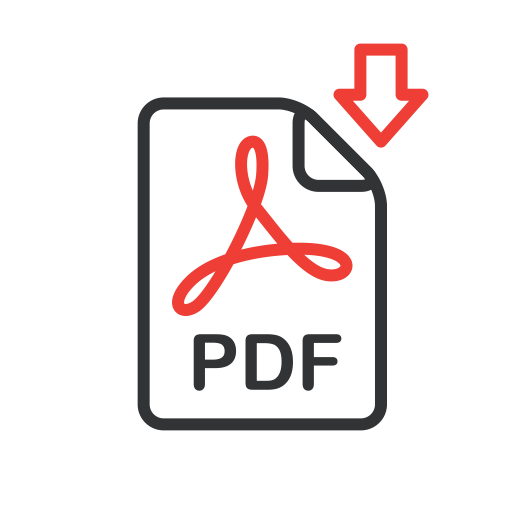Ogebe, F. O.*, Dzever, D. D. and Nnama, U. C.
Department of Agricultural Economics, Federal University of Agriculture, Makurdi, Benue State, Nigeria
*Corresponding Author: frankozoko@gmail.com +2347035945500
Abstract
This study examines household responses to adverse shocks among rice farmers in North-Central Nigeria. Specifically, it describes the characteristics of households in the study areas, shocks experienced by households, identify formal and informal credit sources/insurance markets available to the respondents, ascertain responses adopted by households to cope with shocks and identify risk coping institutions available in the study areas as well as the roles of these institutions in cushioning the effects of the shocks. The results of the study established that the shocks experienced in the study area are mainly idiosyncratic, that is most of the shocks affect individual households. The study found that burial societies and rotating savings groups are two main community level risk management groups that have greatly assisted households to manage the household specific shocks such as illnesses and deaths of family members. However, it was found that consumption smoothing strategies adopted by farmers vary in accordance to the type of shocks and the magnitude of their impact on household income as well as consumption. If a shock has only a little impact on income, farmers choose to sell only their livestock to protect consumption. During other shocks with greater impact, farmers not only sell their livestock but also need remittance as an additional strategy. Farmers who experienced income shock due to sickness and death faced difficult and costly choices to protect their consumption as they are forced to sell their land. Nevertheless, economy wide shocks as well shocks that affect the whole region cannot be handled by these arrangements and this calls for widening access to loan markets to enable farmers easily protect their consumption. It is recommended that improved asset markets could help households to access formal ways of mitigating the effects of shocks.
Keywords: Rice farmers, Households, Coping strategies, idiosyncratic shocks, North-Central Nigeria
How to Cite this Article:
Ogebe, F. O., Dzever, D. D. & Nnama, U. C. (2020). Households’ Responses to Adverse Income Shocks: An Empirical Investigation of Rice Farmers in North-Central Nigeria. VillageMath Educational Review (VER), 1(1), 38-53. https://doi.org/10.5281/zenodo.3888727
